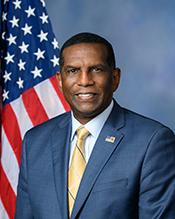0
GIG Act
12/15/2023, 3:54 PM
Congressional Summary of HR 781
Guaranteeing Independent Growth Act or the GIG Act
This bill establishes a statutory test for determining if an individual who performs services for another person should be classified as an independent contractor rather than an employee under the Fair Labor Standards Act of 1938.
Specifically, an individual is likely to be considered an independent contractor if the individual providing services exercises substantial control over key aspects of the service and earns profits or incurs losses based on the individual's own initiative or resource management.
The Department of Labor may also consider secondary factors when determining if an individual should be classified as an independent contractor, including (1) whether the services require specialized training or skills that are not provided by the recipient of the services, and (2) whether the services are performed on a continuous basis.





